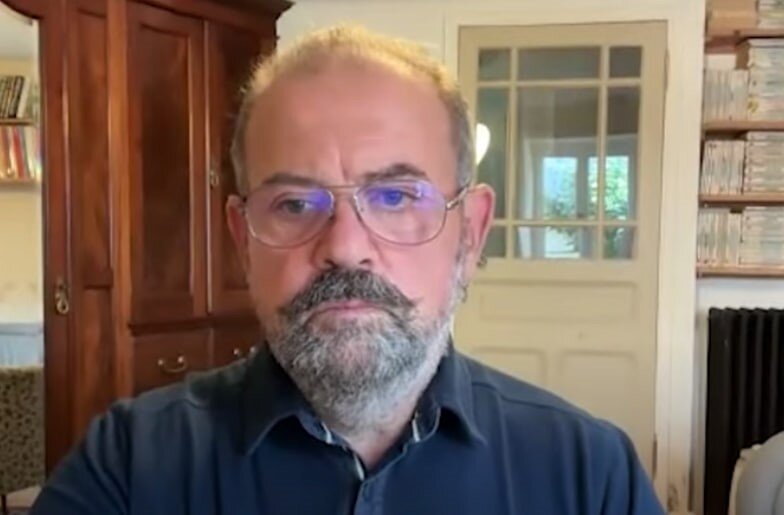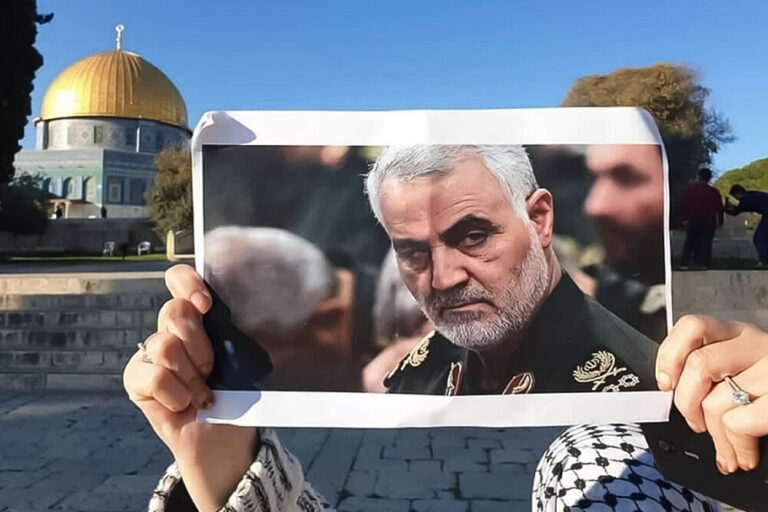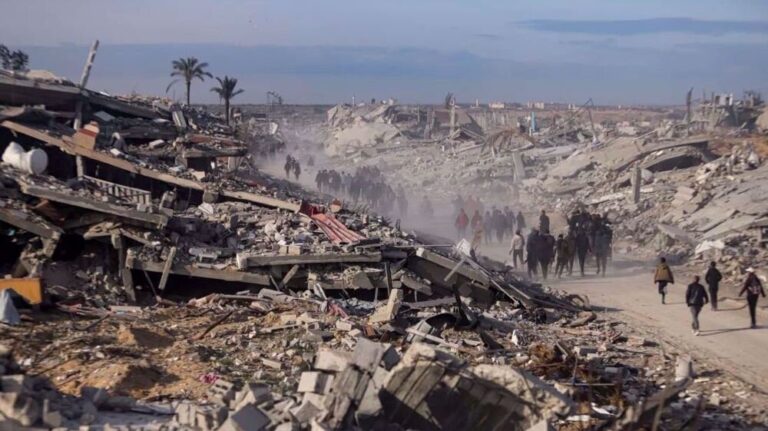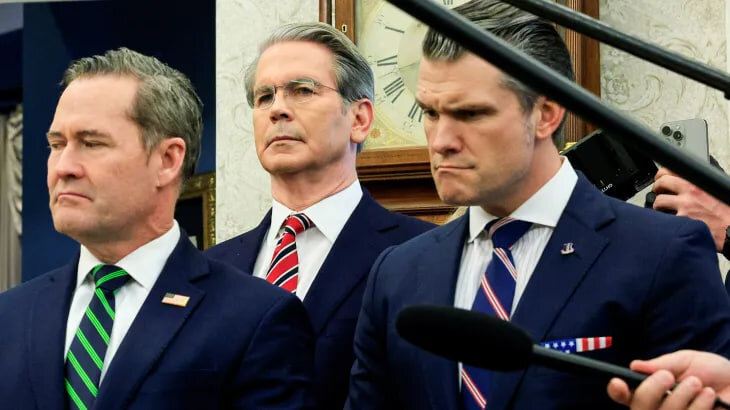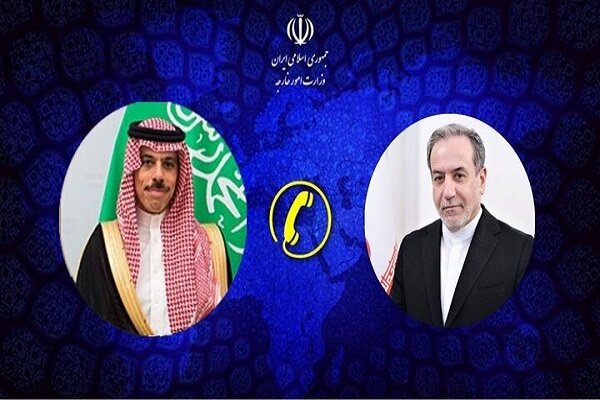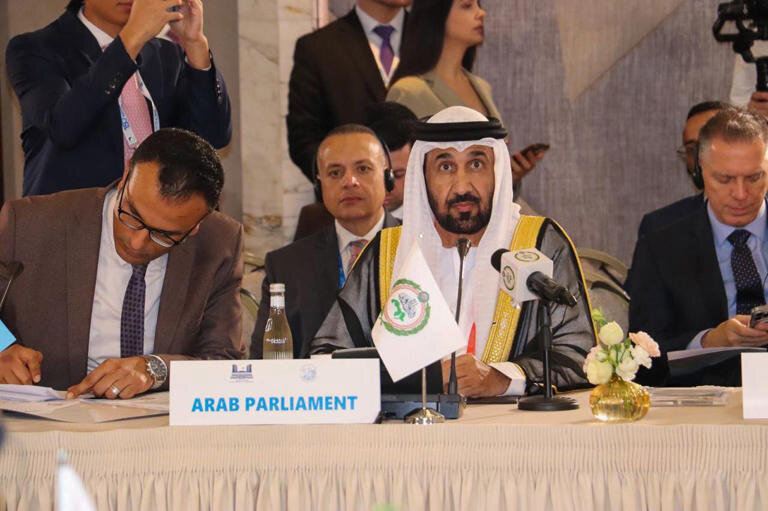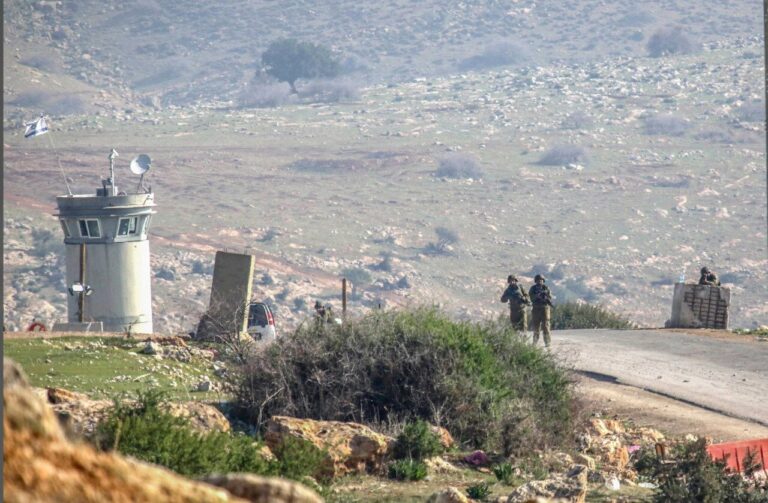Israel Escapes Accountability: Unpacking the Controversy Surrounding Gaza War Crimes
As the war in Gaza escalates, the international community grapples with pressing questions surrounding the breakdown of diplomacy, violations of international law, and the geopolitical interests fueling ongoing violence. Elija J. Magnier, a seasoned Middle East correspondent, shares his insights on the situation in Gaza, examining the complexities of foreign influence on the conflict and the humanitarian crisis that continues to unfold.
In this enlightening discussion, Magnier challenges prevailing narratives and exposes inconsistencies in Western policies. He emphasizes the shifting power dynamics in the region, highlighting how the realities on the ground often clash with mainstream media portrayals.
The following is a detailed conversation with Elija J. Magnier:
-
What factors contributed to the collapse of the ceasefire agreement between Israel and Hamas?
Magnier notes that the absence of genuine international guarantees was a critical issue. He explains:
“First of all, there were no real international guarantees because the interlocutors were Egypt, Qatar, and the United States. Egypt and Qatar do not have leverage over Israel, and the United States has been complicit with Israel since the very beginning of the war.”
He further elaborates on the political implications of the ceasefire’s failure, indicating that:
“Violation of international laws is permitted because there are no longer international laws. We live in a jungle.”
-
What is your assessment of U.S. policy in the region?
Magnier asserts that there is a clear U.S. policy aimed at facilitating Israeli expansion:
“There are several points that President Donald Trump clarified in his objectives. First, he said Israel is too small, therefore giving the possibility for Israel to expand.”
He emphasizes that this expansion undermines the prospect of a two-state solution, exacerbating tensions and conflict.
-
How do Israeli actions impact regional stability?
Magnier points to the consequences of Israeli threats regarding permanent occupation and collective punishment, stating:
“There is a clear violation of international laws, and international laws do not exist anymore.”
This disregard for international norms raises concerns about the future of peace in the region.
-
What is the situation in Rafah and its implications?
Discussing the geographic isolation of Gaza, Magnier explains:
“The occupation of Rafah cannot be done by Israel without the consent of Egypt.”
He highlights the complexities of the Camp David agreement and how recent actions violate its terms, indicating a shift in Egypt’s stance towards Israel.
-
How has Israeli leadership manipulated the situation for political survival?
Magnier observes that Netanyahu’s government is using the war to maintain political control, stating:
“For the first time in history, we see the population asking a foreign leader — namely, Donald Trump — to help free their people held captive in Gaza.”
This dynamic reflects a loss of trust in local leadership amidst a crisis.
-
Is there a risk of civil war in Israel due to the Gaza conflict?
Magnier suggests that internal tensions could escalate, stating:
“The only way today is for the resistance to resist and to wait for the Israelis to move in their forces.”
-
What is the international response to alleged war crimes in Gaza?
Magnier points out the challenges in holding Israeli leaders accountable, noting:
“The European leaders said they would not arrest Netanyahu if he came and visited them.”
This lack of accountability raises questions about the effectiveness of international law.
-
How has the media landscape changed regarding the Gaza conflict?
Magnier observes a notable shift in public narrative, though mainstream media coverage remains limited:
“The narrative has shifted among the population, but not in the media.”
He emphasizes the importance of social media in challenging established narratives and providing a platform for Palestinian voices.
In conclusion, Magnier stresses the need for continued awareness and advocacy for the Palestinian people, stating:
“It is important to continue highlighting, raising awareness, and speaking about Israeli crimes based on the evidence provided by the Israelis themselves.”
The ongoing situation in Gaza remains complex, with deep-rooted issues affecting not just the region but the entire international community. As the conflict unfolds, the call for accountability and a genuine pursuit of peace has never been more urgent.
